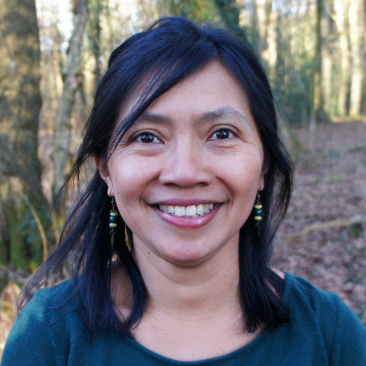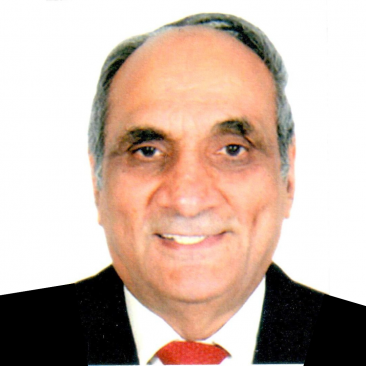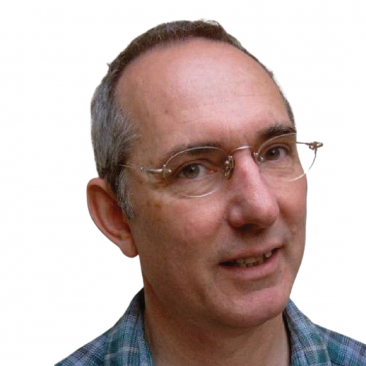

Dian Intarini, Dala Institute
Dian Intarini is co-Founder and researcher of Dala Institute in Indonesia and a student at the University of Twente, The netherlands for her PhD. She is a specialist in land tenure, her study covers issues such Community natural resources management and participation, Forest and agriculture certification, Forest Government, Market and supply chain of community products and Food security and rural development. Current project at Dala Institute is Develop land and natural resource rights profiles for palm oil, pulp and paper, coffee and cacao commodities in four regions in Indonesia with Landesa USA.

Dr. Draham Pal Singh Verma, Indian Forest Service
I am a trained forester by profession with PhD in social forestry & belong to “Indian Forest Service”. I have dedicated myself to the sustainable management of forests; over three decades, where main objective was sustained production of timber; Environmental & Social issues were of secondary considerations. As massive deforestation of tropical forests came to central stage, during late sixties & early seventies, social & environmental concerns came to occupy an important place in forestry management.

Marcus Colchester, Forest Peoples Programme
Marcus Colchester is English and received his doctorate in Social Anthropology from the University of Oxford. He was Founder Director of the Forest Peoples Programme and now acts as Senior Policy Advisor. Marcus has over 35 years’ experience working with forest peoples in the humid tropics. His expertise is in indigenous peoples, social and political ecology, standard setting, human rights, environment, development, land tenure, policy reform advocacy, ‘Free, Prior and Informed Consent’ and conflict resolution. Marcus has worked intensively in support of forest peoples’ rights in relation to logging, plantations, palm oil, extractive industries, dams, colonisation and protected areas.

Alina Liviet Santiago Jimenez, Permanent Indigenous Peoples Committee
Advisor in the administrative part of the community of Ixtlán de Juárez, Oaxaca, in charge of managing resources before government agencies for communal enterprises and the Commissariat of Communal Property.
In charge of the certification of the community's multisite chain of custody and support in the preparation of the audits of the Forest Management certification.
Consultant for indigenous communities of the Sierra Norte de Oaxaca in management, project development, accompaniment in the formation and monitoring of communal enterprises, FSC certification, application of resources managed with national and international organizations.
Event Details
-
Date: Monday 10 October
-
Time: 17:00 - 18:30
-
Room: Nusantara 1 & 2
-
Language: English, French, Spanish
-
Format: Hybrid
